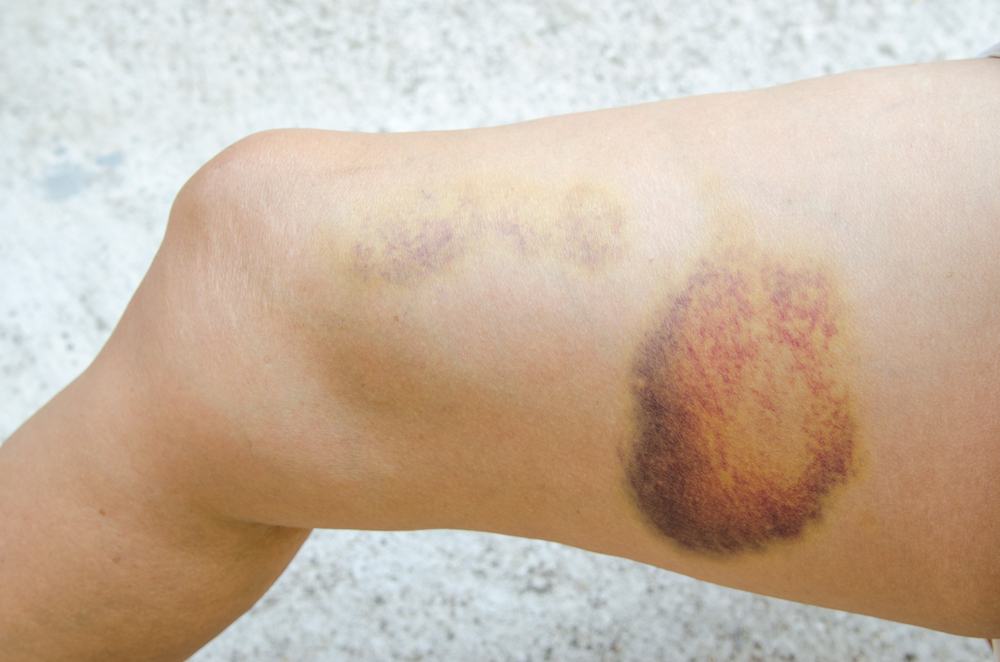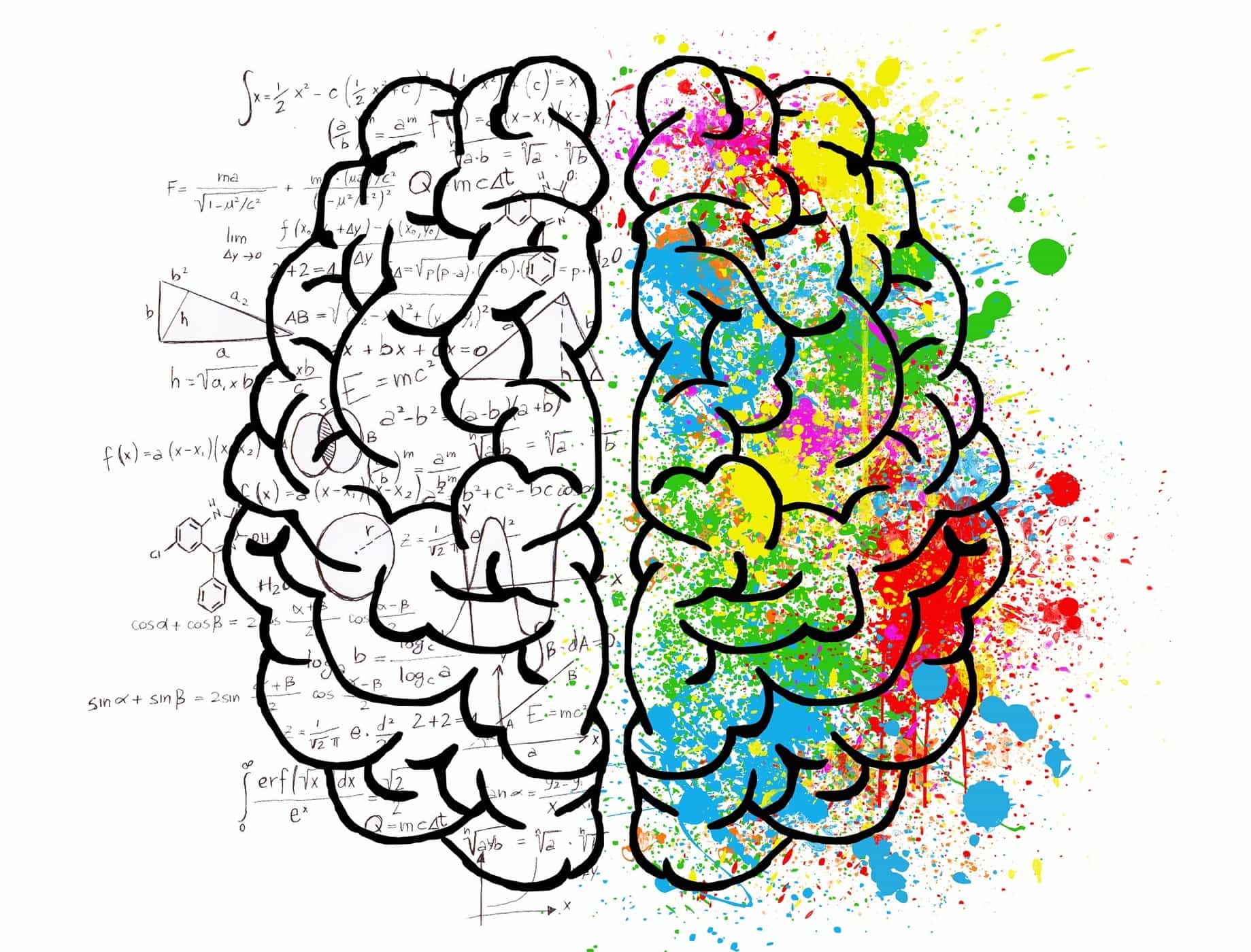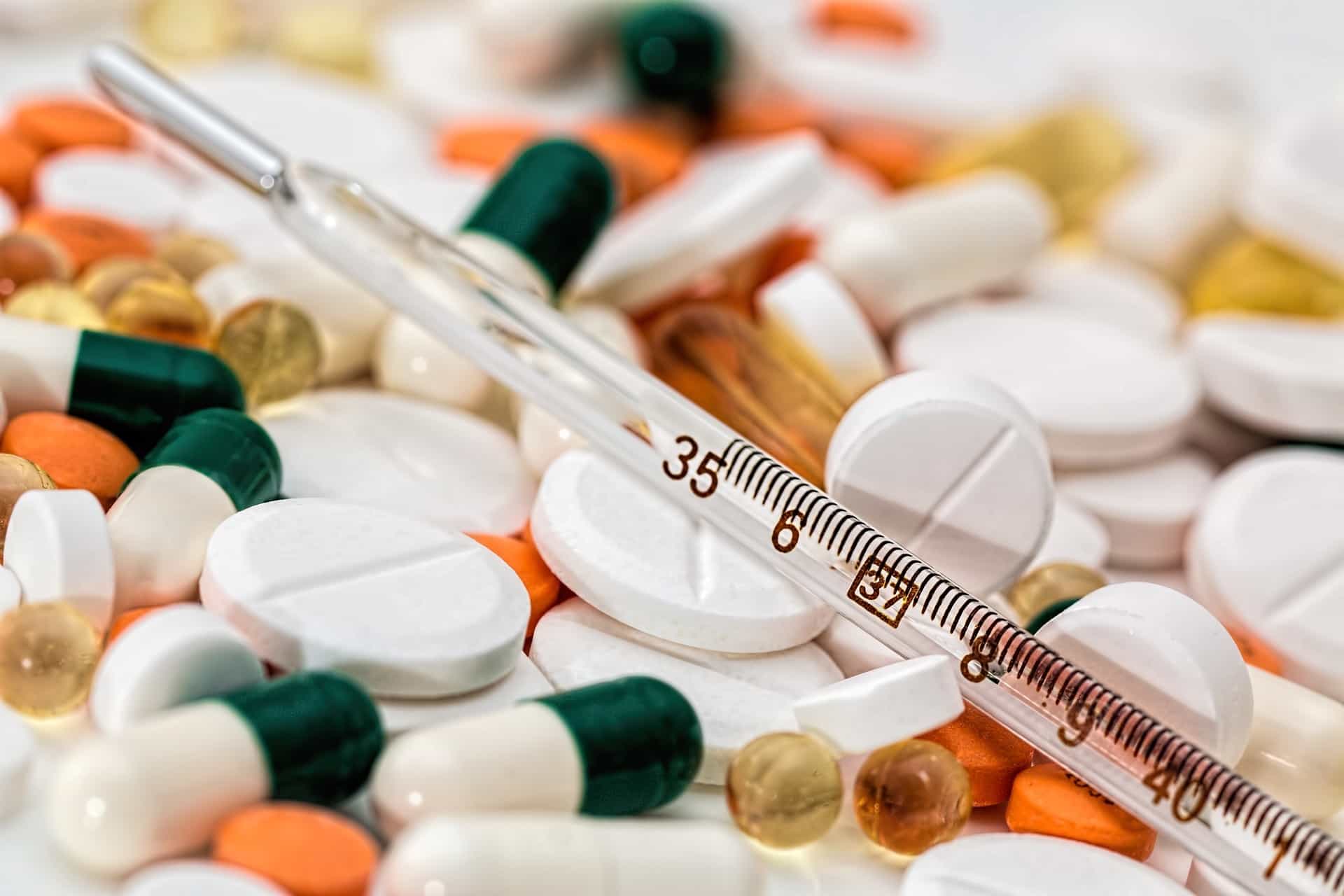Contents:
- Medical Video: Beyond Stress and Anxiety: How Stress Affects the Body and What You Can Do to Manage It
- Is it stressful?
- How does stress affect the body?
- In the central nervous system and endocrine
- In the respiratory system
- On the cardiovascular system
- In the digestive system
- In the skeletal muscle system
- In the reproductive system
- In the immune system
Medical Video: Beyond Stress and Anxiety: How Stress Affects the Body and What You Can Do to Manage It
Every time, you could experience stress, it could be because of work, financial problems, problems with your spouse or family, or it could be just because of traffic jams on unexpected roads. Little things that make your tension go up a little, can stress your body. However, you should manage your stress as much as possible because the impact of stress on the body is very much and certainly detrimental to your health.
Is it stressful?
Stress can occur because of changes in the environment around us, so that the body will react and respond as a safeguard. The body reacts to stress by giving physical, mental, and emotional responses.
The body reacts to everything that it considers to be a danger, whether it is really dangerous or not. When the body feels threatened, a chemical reaction will occur in the body that allows you to prevent injury. This reaction is called "fight-or-flight" or a stress response. When your body responds to stress, you will feel your heart rate increase, breathing faster, muscles tighten, and your blood pressure rises.
Stress can vary between people. What causes stress to you, not necessarily can also cause stress on others. It all depends on how you see something that can cause stress and how you handle stress. Mild stress may help you in completing the task. However, if severe stress or chronic stress occurs to you, it can be detrimental to your health.
How does stress affect the body?
When you feel stressed, all the systems in your body will respond differently. Chronic stress can have an impact on your overall health.
In the central nervous system and endocrine
The central nervous system is the most responsible for responding to stress, starting from the first time stress occurs until stress disappears. The central nervous system produces a "fight-or-flight" response when the body experiences stress. Also, it gives orders from the hypothalamus to the adrenal gland to release the hormone adrenaline and cortisol.
When cortisol and adrenaline are released, the liver produces more sugar in the blood to energize your body. If your body does not use all this extra energy, the body will absorb blood sugar again. However, for people who are susceptible to type 2 diabetes (like obese people), this blood sugar cannot be absorbed by all, resulting in increased blood sugar levels.
The release of the hormone adrenaline and cortisol causes an increase in heart rate, faster breathing, widening of blood vessels in the arms and legs, and increased blood glucose levels. When stress begins to disappear, the central nervous system also first instructs the body to return to normal.
In the respiratory system
Stress makes your breathing faster in an effort to drain oxygen throughout the body. This may not be a problem for many people, but it can cause problems in people with asthma or emphysema. Rapid breathing or hyperventilation can also cause panic attacks.
On the cardiovascular system
When you experience acute stress (stress in a short time, such as being stuck in traffic on the road), the heart rate will increase, and blood vessels that lead to large muscles and the heart will widen. This causes an increase in the volume of blood that is pumped throughout the body and increases blood pressure. When stressed, blood needs to be flowed quickly throughout the body (especially the brain and liver) to help provide energy to the body.
Also, when you experience chronic stress (long-term stress), your heart rate will increase consistently. Blood pressure and stress hormone levels will also increase continuously. So, chronic stress can increase your risk of hypertension, heart attack, or stroke.
In the digestive system
When stressed, an increase in heart rate and breathing can interfere with your digestive system. You may eat more or less than usual. Your risk is experienced heartburn, Acid reflux, nausea, vomiting, or abdominal pain also increase. Stress can also affect the movement of food in your intestine, so you can experience diarrhea or constipation.
In the skeletal muscle system
Your muscles will stiffen when stressed and then return to normal when you are calm. However, if you experience ongoing stress, your muscles don't have time to relax. So, these tense muscles will cause you to experience headaches, back pain, and pain throughout the body.
In the reproductive system
Stress also affects your sexual arousal. Maybe your sexual arousal will decrease when you are experiencing chronic stress. However, men produce more testosterone during stress, which can increase sexual desire in the short term. If stress lasts for a long time, men's testosterone levels will begin to decline. This can interfere with sperm production, which will cause erectile dysfunction or impotence.
Whereas, in women, stress can affect the menstrual cycle. When stressed, you may experience irregular menstrual cycles, no menstruation at all, or heavier menstruation.
In the immune system
When you are stressed, your body stimulates your immune system to work. If the stress you feel is temporary, this will help your body prevent infection and heal wounds. However, if stress occurs for a long time, the body releases the hormone cortisol which will inhibit histamine release and inflammatory responses to fight foreign substances. Thus, people who experience chronic stress will be more vulnerable to disease, such as influenza, the common cold, or other infectious diseases. Chronic stress also makes you longer to recover from illness or injury.
READ ALSO
- Beware, Stress Because Work Can Shorten Age
- Not Just Drive Out Stress, Vacation Is Also Good for Physical Health
- 6 Sources of Main Stress in Marriage












